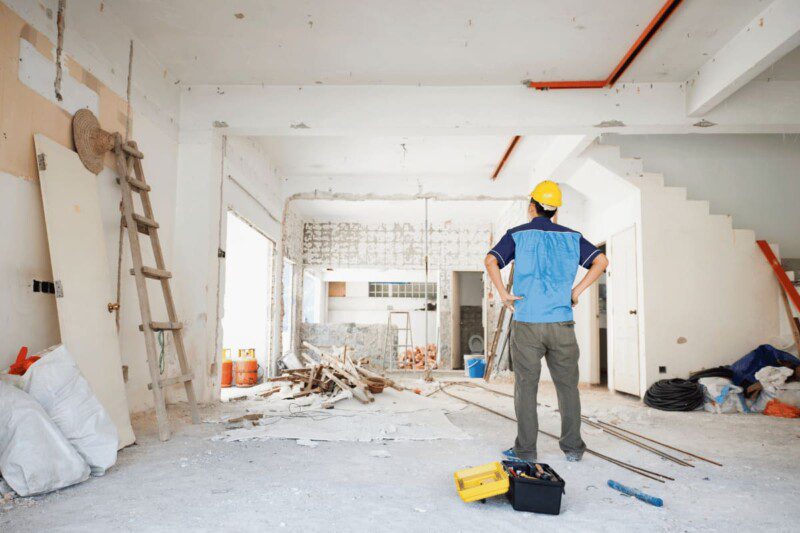DIY is, as a discipline, stitched into the fabric of the UK. Whether retirement tinkerers or first-home renovators, millions of us attempt DIY tasks or projects each year – and why not? It is an excellent excuse to learn a skill, and a handy way to keep costs down in the grand scheme of things.
The latter benefit has become all the more prescient in recent years, though, as the financial difficulty is realised for more households – particularly new homeowners, for whom mortgage rates have increased significantly. But, while DIY can seem a good idea for reducing costs associated with renovation and refurbishment, there are some DIY jobs that are simply best left to the professionals. Why is this?
Dangerous DIY
For starters, DIY can be exceedingly dangerous if not approached with the care it deserves. An earlier boom in DIY activity, brought on by the coronavirus pandemic and its ensuing stay-at-home orders, saw over 8,000 individual patients taken in through A&E. Of these more than 8000, over 5,000 had injured themselves using a power tool.
Power tools are not dangerous if used correctly, and a wide variety of simple tasks can be undertaken using them with the relatively low risk associated. However, more complex renovation tasks, such as those that involve working at height, invite higher risks for the untrained.
Poor Results
Speaking of training, there is another vital element to weighing up whether certain jobs might be better left to a professional: outcomes. While painting a wall or erecting a shelf are relatively simple tasks, more complex renovation work does not guarantee the same results.
Indeed, essential works such as cladding and plastering your walls are surprisingly difficult – something you might only come to realize part-way through. Professional plasterers are much better placed to provide you with a smooth finished wall, ready to paint, than you are; your efforts are much more likely to negatively impact future work such as painting and wiring.
What Can You Do?
So, what is safe for you to undertake? Skill levels differ from person to person, and, really, little should be off-limits for you to at least try depending on your levels of experience and confidence. However, working backward from those most dangerous jobs, there are some things you should never attempt.
One such undertaking is electrical wiring. Electricity is not something to be trifled with, and house electrics should not be engaged with unless you have comprehensive knowledge of electrical theory and practical electronics. Working from height is also discouraged in any capacity.
Professionals as Assistance
Hiring professionals to do what seems like simple jobs might feel like a sunk cost, or even a failure. However, a handy way of thinking about it can be to consider workers as assistants – either in helping you with overall renovations or helping you to understand the ins and outs of certain works for the future.



